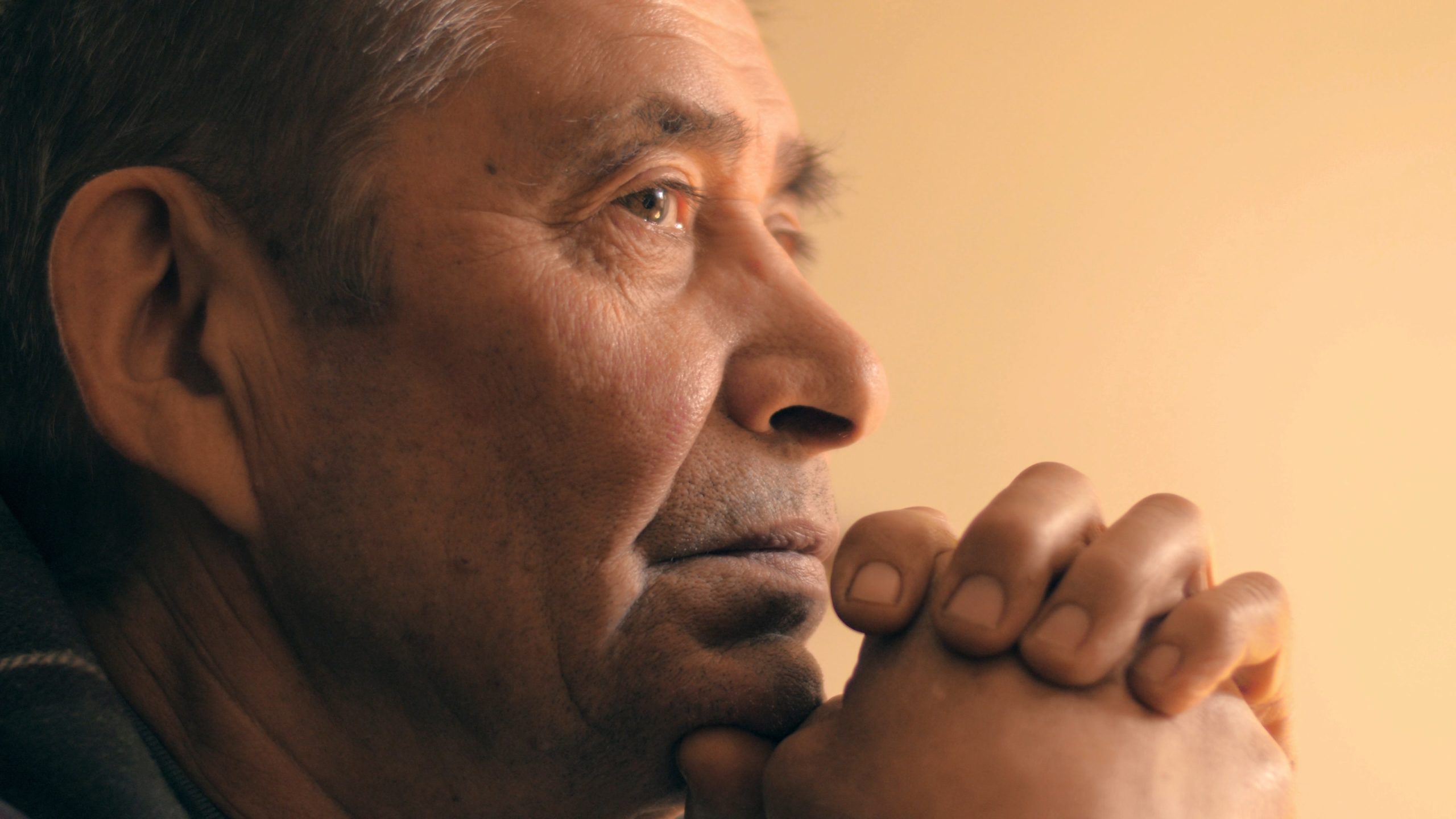America’s opioid addiction crisis has ravaged the country, claiming hundreds of thousands of lives. But it is important to examine an epidemic like this a bit closer, exploring exactly who is being hit the hardest. Interestingly, new research data is showing that the U.S. Hispanic population makes up a large majority of the overdose victims.
NBC News recently highlighted some of these new stats, working with their Spanish sister network, Telemundo, on an in-depth report. Their article revealed that Latino Americans saw a 27 percent increase in fatal opioid overdoses last year, one of the highest of any ethnicity group. In comparison, the Anglo-American death rate rose by 13 percent (still not good, but far less than what is happening to Hispanics).
NBC interviewed several recovering Latinos for their piece and the feedback they received was quite telling. Diego, a Puerto Rican American who is based in Maryland and refused to give his last name, described how his tight knit family was ravaged by painkiller addictions.
“We Hispanics are the ones who are dying,” he emphasized. “I feel lucky that I’m still here and got into a program. I lost a nephew in December 2020. I lost two of my four brothers, one in 2008 and one in 2018. All from overdoses.”
The report called out some unique factors that are hurting the recovery opportunities for many Latinos across the U.S. Language barriers are a big issue, as many treatment centers do not have bilingual staffers and cannot properly communicate. There is also a concern for immigrants, who fear trying to seek out addiction help because of potential deportation risks.
Interestingly, the immigrant lifestyle is one that may open the door to possible addictions. Traumas that accompany crossing the border have been known to drive people to use and depression tends to be commonplace, as families can get separated during the process. The pandemic hasn’t helped either, as day labor opportunities and blue collar jobs (common amongst immigrant Latinos) have dried up due to quarantines.
Via the Telemundo report, Dr. Lisa Fortuna was interviewed. She heads the department of psychiatry at San Francisco General Hospital and has heavily researched the mental health of Latino Americans.
“What we see most often is that when economic problems worsen, when people are out of work and there’s too much stress — something that got worse for Latinos with the pandemic — that obviously increases the use of alcohol and drugs,” she concluded. “For those who already had drug problems, relapses increased because people try to cope with stress. This has created even more problems because it has brought more depression, emotional difficulties and even physical illnesses.”







